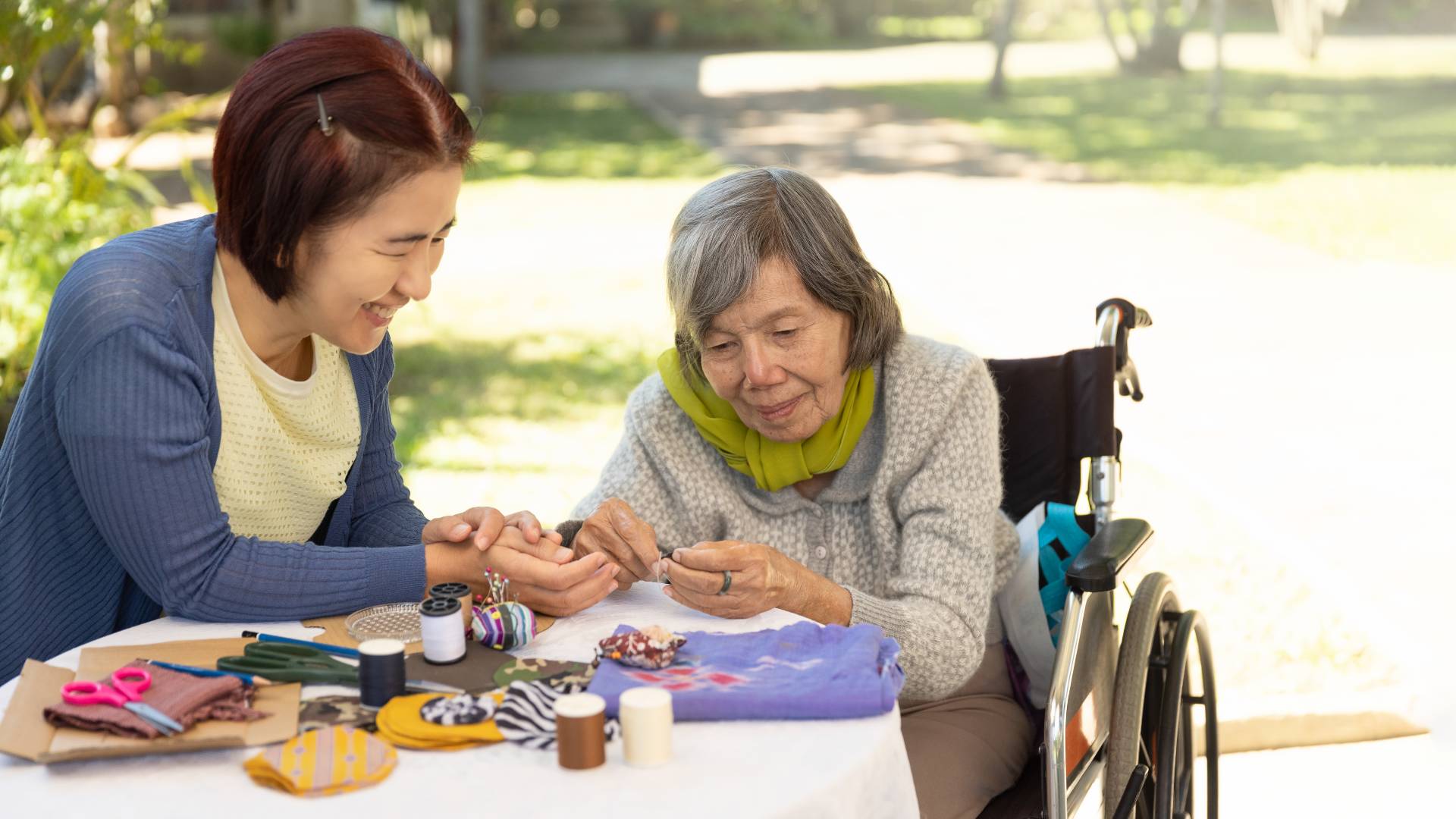
Fragmented care is an overlooked problem that leads to unnecessary extended hospitalisation for older people. One in five older people may encounter a preventable adverse event during the transition from hospital to home. This is amplified by 83% of older Australians suffering from multi-morbidity, making them twice as likely to experience complications with the care transition process.
Solutions to this problem are being addressed by Professor Gillian Harvey, Professor of Health Services and Implementation Research at Flinders’ Caring Futures Institute, through two projects that aim to improve care transitions and reduce avoidable hospitalisation for older people.

The first project, titled “Something Missing in the Middle” was a collaborative project with Council on the Ageing (COTA) SA and the Geriatrics Team in Central Adelaide Local Health Network (CALHN) with a focus on enabling older people to receive the most appropriate and well-managed care at home after being discharged from hospital.
While previous attempts to improve care transition have been designed from the perspective of clinicians and service providers, Professor Harvey says effective solutions need to adopt a person-centred approach. “Effective integrated care has to work for everyone, so we have to prevent people from falling through the cracks,” she says.
Following co-design workshops with older people and care providers to explore the problem and develop a possible solution, this project (funded by a The Hospital research Foundation ‘Your Choice’ grant) then piloted the proposed solution of a Care Transition Coordination Service between May and October 2021 within Royal Adelaide Hospital and the Department of Geriatric and Rehabilitation Medicine. The Care Transition Coordination Service, provided jointly by a Clinical Nurse and Allied Health Assistant, provided functional, clinical and emotional support to people aged 75+ who were living at home but had had an unplanned presentation to Royal Adelaide Hospital.
This care transition support included service navigation (to assist with accessing such agencies as My Aged Care and Aged Care Eligibility Assessment) and liaising with various service providers, personal, clinical and social care, including domestic help with such tasks as providing transport to shops, pharmacies or GP appointments. They also liaised with the client’s family, carers and medical supporters. These non-clinical supports were identified as vitally important by older people who participated in the co-design workshops.
Of the clients who participated in the pilot project, 73% said they wanted to remain in their own homes with the benefit of adequate support – and the researchers also noted decreased numbers of hospital admissions among these clients after taking part in the pilot project.
“Something Missing in the Middle” links to a second state-wide project – State Action on Avoidable Re-hospitalisations and Unplanned Admissions in South Australia (STAAR-SA): Improving the pathway of care for older people being discharged from hospital in South Australia – which was funded by a Health Translation SA Rapid Applied Research Translation Grant. STAAR-SA established a quality improvement collaborative involving nine teams from across South Australia to develop and test locally relevant solutions to improve transitions of care for older people.
“No simple solution currently exists to reduce unplanned admissions of frail older people and current approaches in SA are fragmented, so our aim is to improve the pathway of care for older people being discharged from hospital in South Australia.
“It has been crucial to co-design these programs with older people and the people who care for them,” says Professor Harvey. “Testing a solution to improve transitions of care that has been developed through this co-design process addresses the problems identified by older people, rather than just reacting to what the health and aged care services may think they need.”

